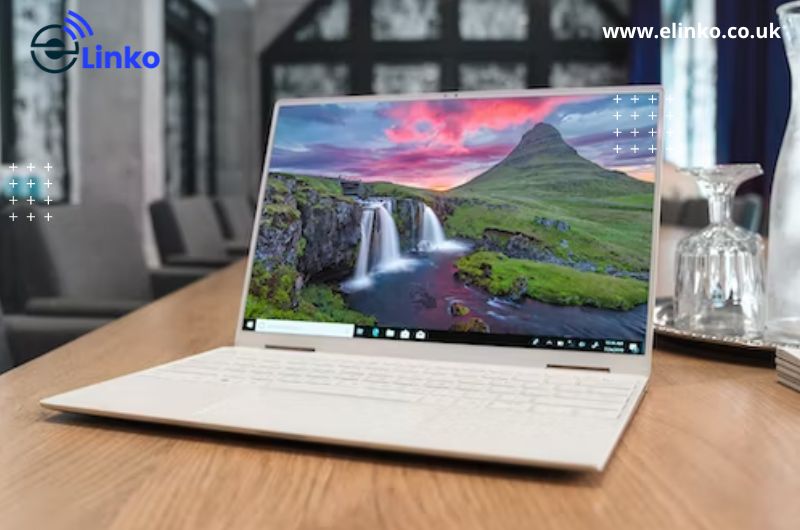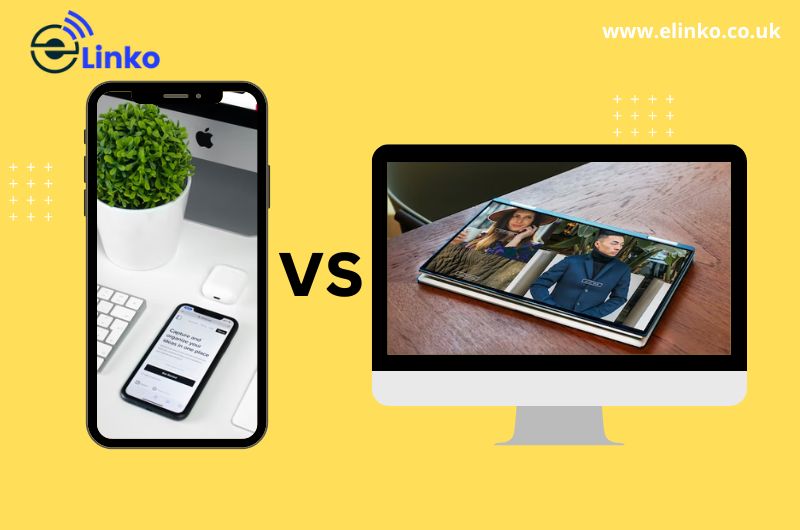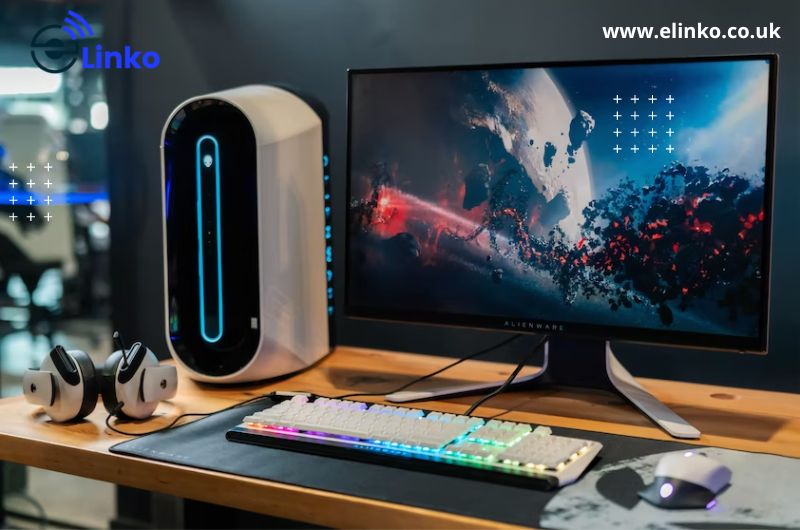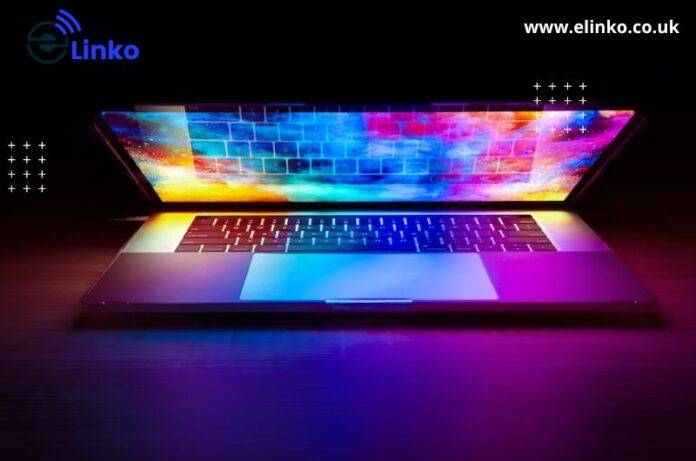The laptop you choose to use is of the utmost importance if you’re an aspiring game developer. If your laptop can’t handle your preferred game engine or doesn’t have the power to provide realistic graphics, then it won’t matter how many games you create – nobody will ever play them.
To get started on the right foot, check out these tips on how to pick the best laptop for game development, in no particular order.
Things to Consider When Choosing a New Gaming Laptop

There are so many great gaming laptops on the market that it can be challenging to choose between them. However, it would help if you kept a few things in mind when choosing your laptop. Here are some key points:
- How powerful do you need it to be?
- What size is your budget?
- What size of laptop do you need?
- How much RAM do you need?
- What graphics card do you want?
- Do you need a dedicated GPU?
- Does your work require specific software?
- Do you have any special requirements (such as wanting to connect multiple monitors)?
- Where will you most often use the laptop – at home or work?
Budget & Performance Options
If you’re a game developer and need a laptop that can handle your software, this is what you should be looking for: A high-Performance CPU (4 or more cores), a High-Performance Graphics Card (2 GB+), a Large Amount of Random Access Memory (8GB+).
Once you’ve narrowed your options, it’s time to start shopping for your best laptop for game development.
Mobile vs. Desktop Graphics

Mobile graphics are improving, but there’s no way they can compare to desktop computers. You’ll need a desktop graphics card if you’re looking for a laptop that can handle things like 3D rendering or video editing.
Some laptops come with an integrated and discreet graphics card, so you get the best of both worlds. Just make sure not to buy one with just an integrated graphics card, as it will only be usable on low settings, if at all.
Screen Size
The screen size you need will depend mainly on what you’re doing with your laptop. If you want it primarily for gaming, then a 15 or 17 is best. However, a smaller screen may be better if you’re more interested in using it as a workstation. The larger the screen size is, the heavier and more expensive your laptop will be. But the best laptop for game development should have a reasonable screen size.
Design & Weight
Ideally, your laptop should be portable and lightweight. You want something light enough to bring with you wherever you go and not worry about it weighing you down or occupying a ton of space in your bag. The lighter, the better.
You also want to ensure that your laptop has a decent battery life so it can last throughout your entire day without needing to be plugged in constantly. Ideally, you should have at least five hours of battery life on a single charge, if not more.
Software & Performance
Many factors are at play when looking for the best laptop for game development. First, you’ll need a powerful processor and lots of RAM. You’ll also want one with a large, high-resolution display that can run at a high refresh rate. It’s essential that your laptop has enough storage space, as well. A good laptop will have all of these things and more.
Keyboard, Touchpad, and Audio

Keyboard – A laptop’s keyboard is essential, especially if you are typing a lot. The larger and more responsive the keys, the better. Touchpad – The touchpad is crucial for a laptop and should be large enough for your fingers. You want it to have an excellent surface with a good grip so that you can easily navigate around your screen. Music, movies, and games require excellent audio capabilities to provide immersive experiences.
Battery Life & Connectivity
When it comes to battery life, there’s a trade-off. The less power you use, the longer your laptop will last. It would help to consider how much time you spend using your laptop for game development in an outlet versus on battery power. If you’re typically working while plugged in, it doesn’t matter as much if your laptop has a short battery life – but if you’re not, it’s essential to find a balance between power and portability.
Final Thoughts
If you are looking for a new laptop and need it to handle game development, then look at the specs. Make sure that your laptop has enough RAM and a powerful graphics card. You might also want a lightweight laptop so you can take it with you on long gaming sessions.
Read also: The best android emulator for Windows 10



